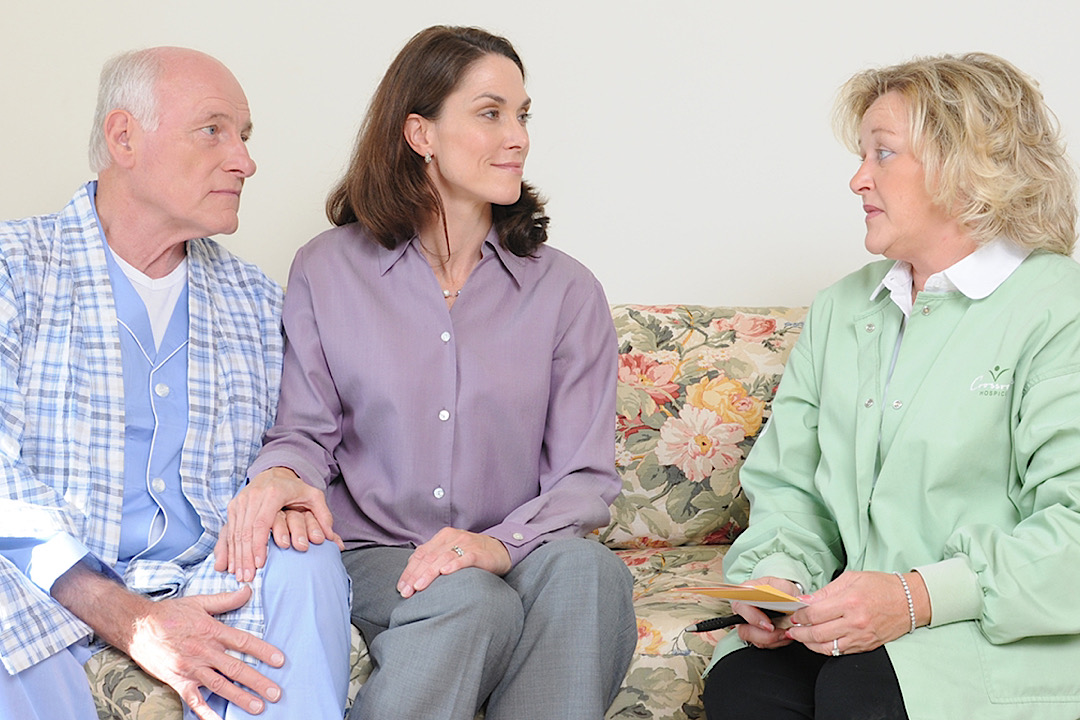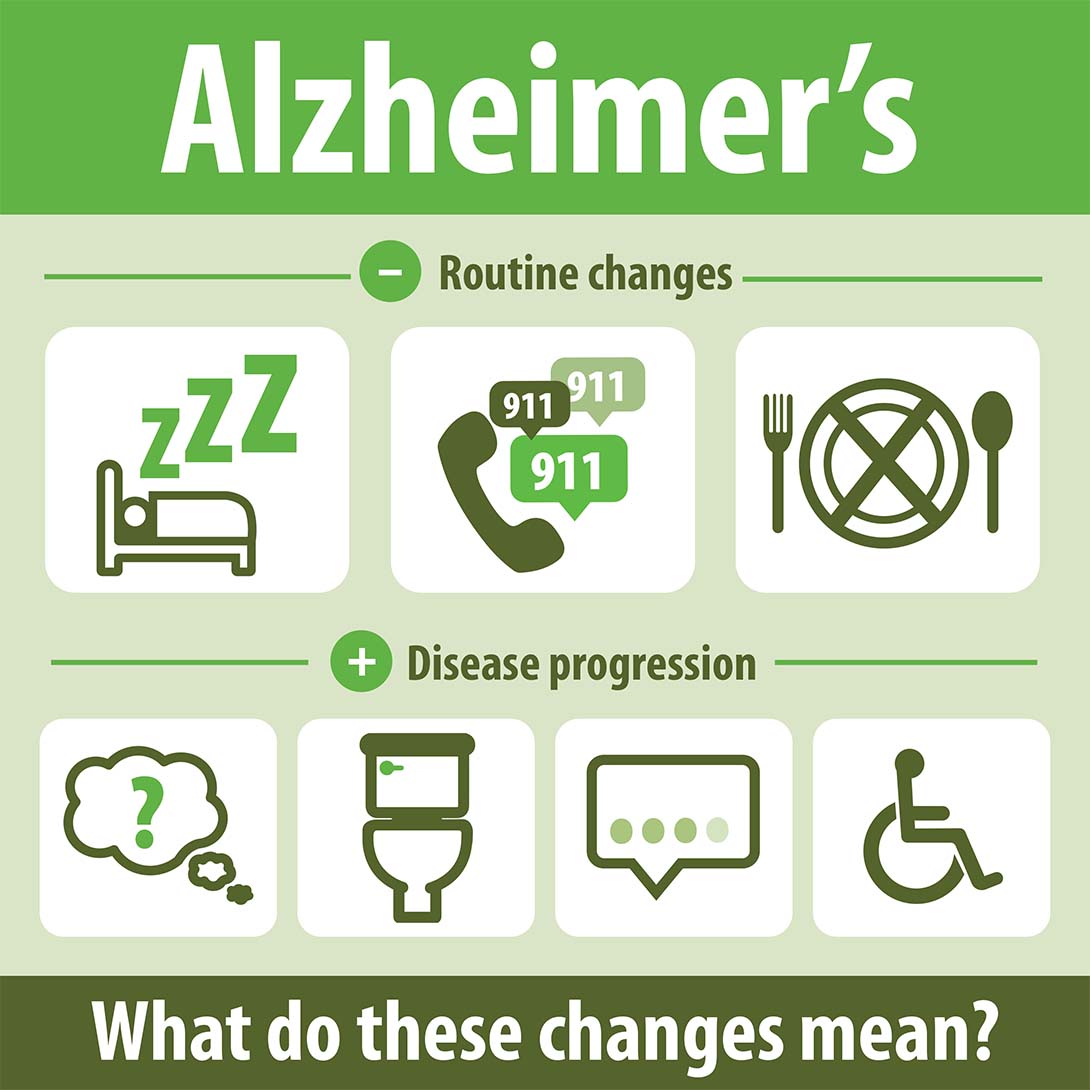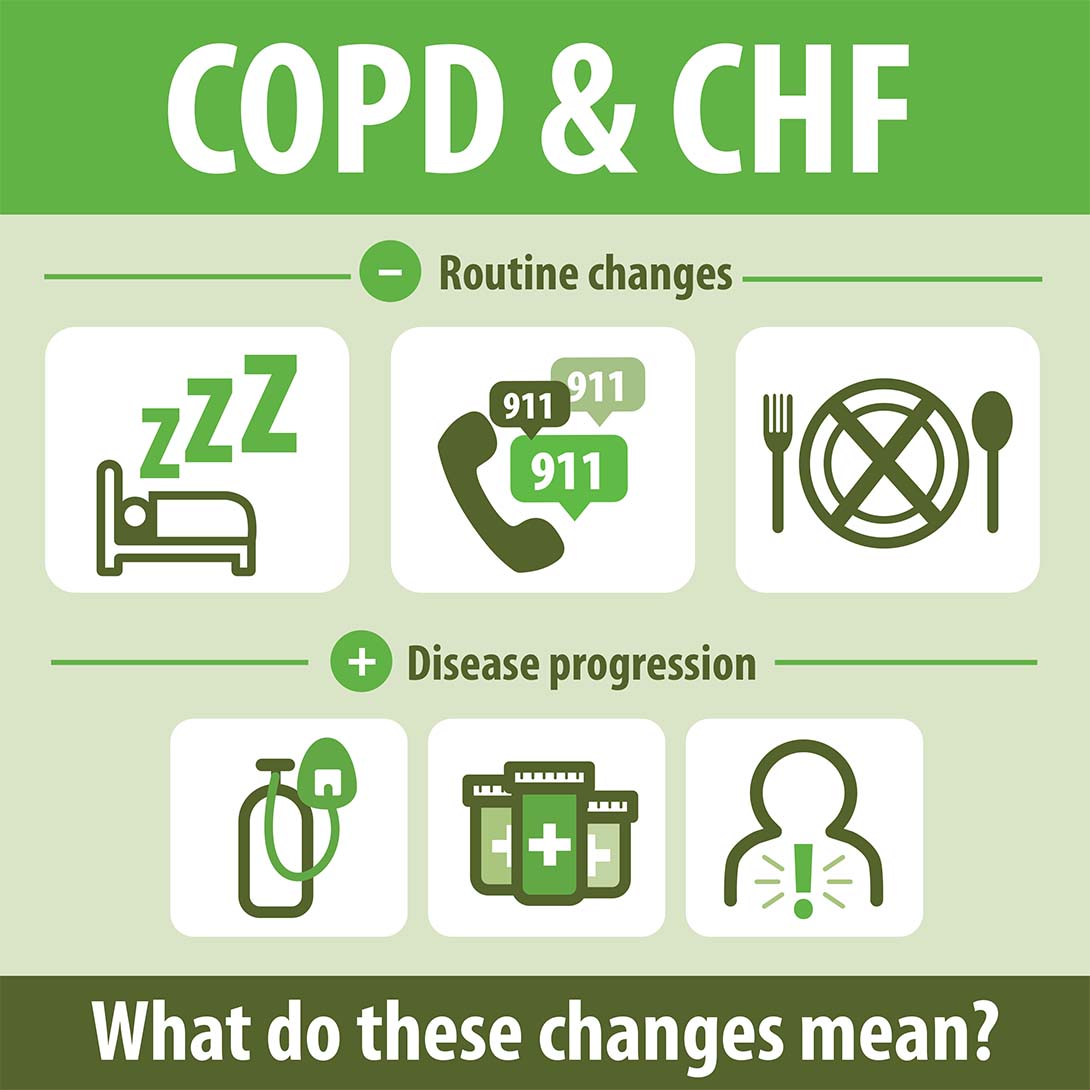Caregiving with Seasonal Depression

The holiday season is a time of joy, celebration, and togetherness.
However, for caregivers looking after a loved one, this time of year can trigger feelings of loneliness and sadness. Seasonal depression, also known as Seasonal Affective Disorder (SAD), can also take hold during the holidays and be difficult to overcome.
“Being proactive and understanding a few coping strategies can be very helpful to fight off SAD and caregiver burnout,” says Crystal Hosier, a bereavement coordinator with Crossroads Hospice & Palliative Care.
When caregiving while dealing with seasonal depression, these tips can help navigate this challenging intersection of emotions during this time of year.
Establish your routine.
Seasonal depression is believed to be linked to changes in sunlight exposure, which can affect circadian rhythms and everyday energy levels. For caregivers, any disruption to your daily routine can quickly contribute to feelings of disorientation and anxiety.
“There are constant demands of providing care – emotionally and physically – that cause significant stress,” says Crystal.
Establishing and maintaining a daily routine, especially during the holidays, can provide a sense of stability. Ensure that you prioritize activities that promote your well-being, such as regular exercise and sufficient sleep.
Having good bedtime habits will help, too. Come up with a schedule that works for your caregiving responsibilities and stick to it. Then practice good bedtime habits like having tea to calm down before bed and no screen time.
“If your body is telling you to sleep, listen to your body,” Crystal adds.
Make time for self-care.
Being a caregiver is a lot of work. It can quickly lead to caregiver burnout – an issue that Crossroads takes seriously.
As the person responsible for your loved one’s well being, you may not have extra time to participate in festive gatherings this time of year, which may add to feelings of isolation and sadness. But if you’re not 100 percent, you can’t give 100 percent, Crystal says.
“A lot of people feel that self-care is selfish, and it’s really not,” she says. “People don’t understand what self-care is. You don’t have to take an entire day for yourself. It can be 30 minutes a day.”
Once you set aside time for self-care, decide what you’re going to do for yourself. This can be a simple activity like taking a walk outside, getting some much needed sunshine, calling a close friend, or reading your favorite book. Maybe set aside one night this season to go to a friend’s Christmas party so you feel connected to the holiday spirit.
The important part is that it’s something that gives your mind a break and allows you to recharge.
Go outside and get sunshine.
The lack of sunlight during this time of year is a key factor in seasonal depression. Your motivation to continue your daily tasks and responsibilities might go down the drain when it gets dark, says Crystal.
To combat this, she recommends making an effort to spend time outdoors during daylight hours. Take short walks, open the curtains to let natural light in, or consider light therapy lamps, which mimic natural sunlight. Even spending time in the sunniest part of your house can give you extra exposure to sunlight that you might need to feel a boost in your mood.
Ask for extra help and take it.
Caregivers often find it difficult to ask for help, and often feel like they’re a burden.
“We have a hard time asking for help, even around the holidays,” Crystal says.
One of the unique benefits of Crossroads is our respite care. This benefit allows the caregiver some relief from their responsibilities, so they can rest and recover.
Caregivers can take up to five days off from their caregiving role, and during that time, our team will step in to provide some much-needed support. With respite care, patients can be checked into a care facility like a nursing home for a few days, so that caregivers can take some time for themselves. Crossroads handles all of the logistics and responsibilities of their care during this time – including arranging transportation to and from the facility, handling requests for medications or special needs, to simply tucking them in and making sure that they are comfortable.
Crystal also recommends talking to your Crossroads social worker about resources for local support groups.
“Sharing and being around people who ‘get it’ can often help,” she says.
Remember that you don’t have to go through this alone. Crossroads provides support to patients and their families as they face serious and terminal illness. Visit our website for more hospice care resources or call us at 1-888-564-3405 to learn more about the support we provide.
If you found this information helpful, please share it with your network and community. Copyright © 2023 Crossroads Hospice. All rights reserved.




